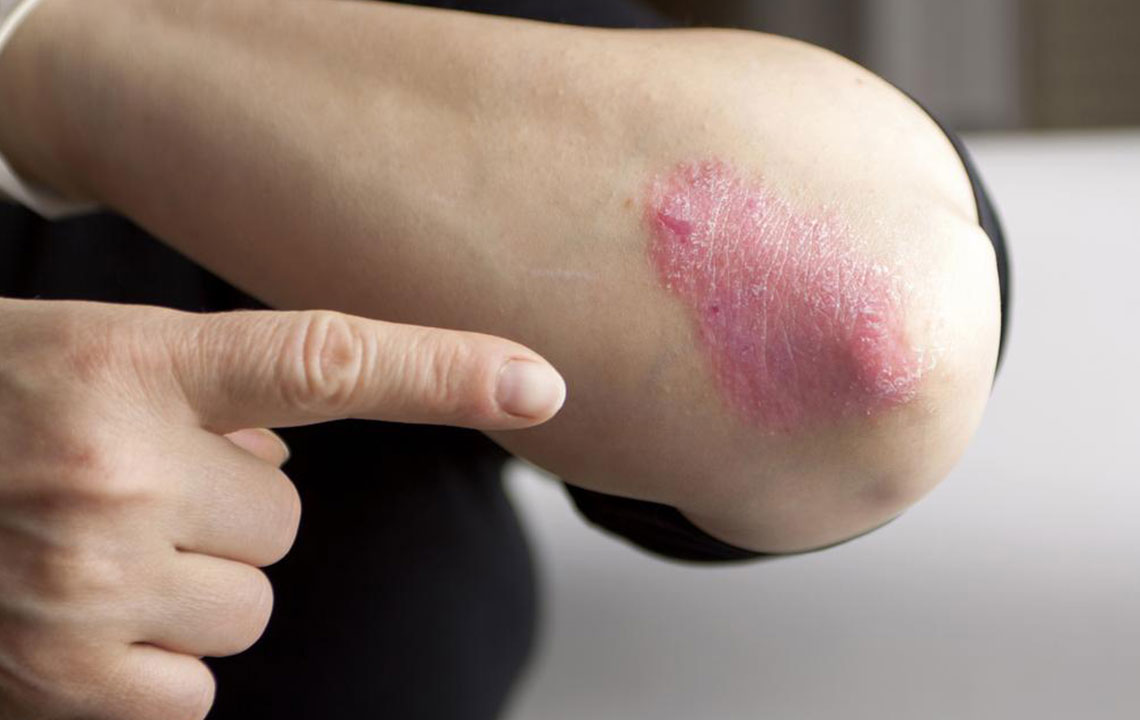Effective Management Strategies for Plaque Psoriasis
Explore comprehensive approaches to managing plaque psoriasis, including topical treatments, systemic therapies, light-based options, and lifestyle changes. Tailored strategies, under dermatologist supervision, can significantly reduce symptoms and improve quality of life for affected individuals.

Effective Management Strategies for Plaque Psoriasis
Plaque psoriasis is a non-contagious autoimmune skin disorder characterized by inflammation that disrupts normal skin cell growth. The condition is influenced by genetic and environmental factors such as infections or minor injuries. Symptoms include itchy, scaling, and inflamed patches, commonly on the scalp, elbows, and knees. It affects all genders and ethnicities, with 2-3% of Americans affected, primarily aged 15–35. Diagnosis and treatment are managed by dermatologists, aiming to control symptoms since a permanent cure is unavailable. Treatment options vary based on severity and may be used alone or combined.
Management strategies are tailored to individual needs, ranging from topical applications to systemic therapies. Topical treatments, such as corticosteroids, Vitamin D analogues, and retinoids, help reduce inflammation and ease symptoms. Systemic options include biologic agents targeting immune pathways, and traditional drugs like cyclosporine and acitretin are prescribed for severe cases. Light therapy, including UVB and PUVA, offers additional relief under medical supervision. Lifestyle modifications—like skincare routines, stress management, and avoiding triggers—are essential for long-term control. Consulting a dermatologist ensures personalized and effective treatment planning.










